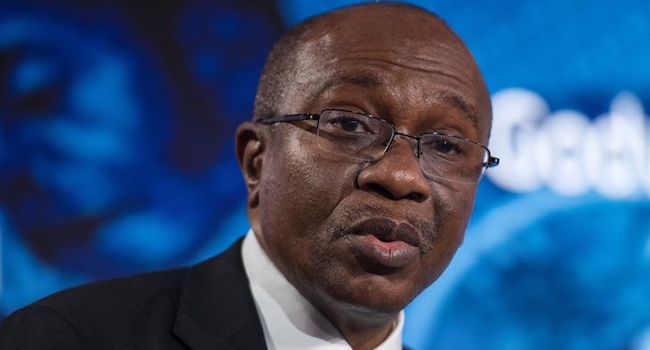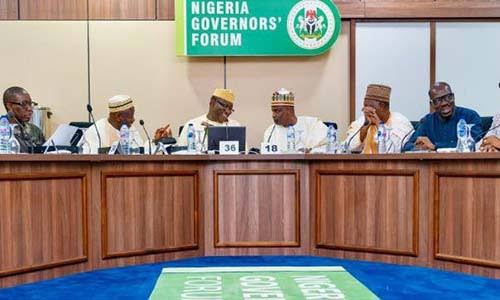
ABUJA – The House of Representatives on Thursday resolved to conduct a comprehensive audit of loans secured by Nigeria’s federal and state governments since the country’s return to democracy in 1999.
This audit, to be spearheaded by the House Committee on Aids, Loans, and Debt Management, aims to examine the transparency, legality, and proper utilization of all borrowed funds over the last 25 years.
Nigeria’s democratic journey has seen five presidents Olusegun Obasanjo, Umaru Yar’Adua, Goodluck Jonathan, Muhammadu Buhari, and incumbent Bola Tinubu overseeing a period marked by substantial borrowing.
Both federal and state governments have sourced billions in loans from domestic and international lenders, primarily to fund development projects and bridge budget deficits. As debt levels have surged, concerns have grown about the sustainability and oversight of these loans, prompting the current legislative action.
The House’s decision followed a motion brought by Rep. Lanre Okunola, representing Surulere II Federal Constituency in Lagos. Citing recent data from the Debt Management Office (DMO), Okunola highlighted Nigeria’s swelling debt profile.
According to him, public debt as of March 31, 2024, stood at a staggering N121.67 trillion ($91.46 billion), up from N97.34 trillion ($108.23 billion) recorded in December 2023, marking a rise of N24.33 trillion within three months.
“While borrowing is essential for development financing, unchecked debt growth poses significant risks to Nigeria’s fiscal stability and future economic health,” Okunola warned.
He noted that over 40 percent of developing nations, including Nigeria, spend a substantial portion of their revenues on debt servicing, crowding out funding for critical sectors such as education, healthcare, infrastructure, and social services.
According to Okunola, the 1999 Constitution, along with the Fiscal Responsibility Act of 2007 and the Debt Management Office Establishment Act of 2003, mandates that all government loans must receive National Assembly approval, with provisions for accountability and proper utilization.
He argued, however, that some state loans from commercial banks, certified by the Federal Ministry of Finance, are obtained without full compliance with these constitutional requirements, and in some instances, borrowed funds have not been effectively utilized for their intended purposes.
Following widespread support for the motion, the House directed its Committee on Aids, Loans, and Debt Management to undertake a thorough review of all public debt transactions since the inception of the Fourth Republic.
The committee is expected to report its findings within a month, setting the stage for possible legislative actions aimed at improving debt oversight and ensuring that borrowed funds serve the interests of Nigerians.

 1 hour ago
5
1 hour ago
5







